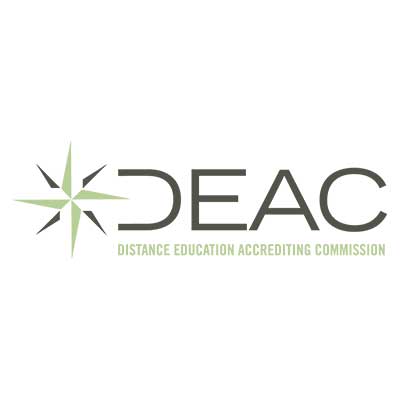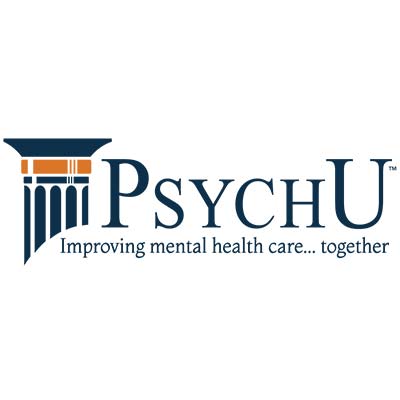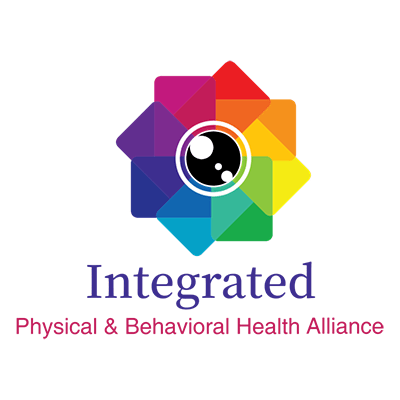By Liliane Deaguiar-Rocha, DBH Candidate
In 2017, the World Health Organization (WHO) estimated that 1 in 160 children worldwide has autism. While this estimate is an average, the prevalence of autism in many developing countries is unknown.
Many factors may account for the uncertain reporting in developing countries, for example, lack of awareness about autism, lack of training in diagnostic tools, infrequent screening, and public policies that do not support services for persons with autism.
In December of 2012, the Law 12.764 granted a person with autism the same rights as any other person with special needs in Brazil, which meant they could now attend regular schools, and request special aides to accompany the students with autism to school. While the law is in place, the reality is far different. In an interview, Dr. Márcia de Aguiar, a psychiatrist from the state of Bahia in Brazil, described a convoluted process, where parents take their child to several specialists before obtaining a diagnosis. The pediatrician or neuro-pediatrician will make a referral to other providers, such as a speech pathologist and an occupational therapist. Usually there is no care coordination, unless the child’s parents are from the upper class and can afford a clinic with multidisciplinary providers. Many times, when the children go to school, the teachers are not prepared to do any work with them, and they may just spend the day, without much structure, in the company of the aide (M.C.M. de Aguiar, personal communication, April 13, 2017).
In a recent review, Paula, Fombonne, Gadia, Tuchman, and Rosanoff (2011) identified reasons why there are so many deficits in the treatment of autism in Brazil, they attributed the scarcity of robust research
and its presence being limited to two main states to the lack of funding, and suggested that a consequence of this lack of funding was the lack of specialized providers and poor services to the families and children affected by autism. Paula et. al collected data during the first Brazilian Meeting for Autism Research (April 2010) to identify challenges and barriers to autism services and research. Among the identified barriers were a lack of trained clinicians and a lack of campaigns to improve autism awareness and understanding in the public and amongst professionals.
Autism Speaks stated that “behavioral therapies are the foundation of treatment for most children on the autism spectrum” (Autism Speaks, n.d.). The New York State Department of Health (NYSDOH) lists ABA as one of the most effective approaches to treating individuals with autism, and recommends behavioral interventions based in Applied Behavior Analysis (ABA) as a treatment of choice (NYSDOH, n.d.). The Center for Disease Control and Prevention (CDC) also lists ABA as a recommended treatment for people with autism, and describes several ABA techniques that are effective in supporting individuals with autism become more independent and gain behavioral control (CDC, n.d.). However, in Brazil, psychology practice is dominated by psychodynamic approaches, and ABA is not widely utilized. In order to address the lack of clinicians trained in ABA, CGI student, Lili Rocha offered two main services, in Portuguese:
- Group Supervision and Professional Networking: a group of recent graduates or professionals who have recently started practicing ABA meet weekly to discuss challenges in their cases and brainstorm interventions that may lead to more adaptive functioning if the clients.
- Training in Behavior Analysis and its application: Lili offered an online course on the basic principles of behavioral analysis and its application. This course offered a recorded lecture and a live session where students had the opportunity to discuss cases and application scenarios.
CGI takes pride in the diversity of our student expertise in many fields. The DBH program originally set out to meet the needs of having mental health providers in a medical setting, but since the inception of the program, we have seen a need for diversity and inclusion of various providers other than specialty mental health providers in healthcare settings. Lili is a perfect example of how a non-mental health provider can make a powerful impact in a global healthcare system, and we are proud of her accomplishments!
References:
Autism Speaks (n.d.) Autism therapies and supports. Retrieved from: https://www.autismspeaks.org/what-autism/learn-more-autism/autism-therapies-supports
Centers for Disease Control and Prevention (n.d.) Autism Spectrum Disorders: Treatment. Retrieved from:
https://www.cdc.gov/ncbddd/autism/treatment.html
New York State Department of Health (n.d.). Retrieved from:
https://www.health.ny.gov/community/infants_children/early_intervention/disorders/autism/ch4_pt2.htm
Paula, C. S., Fombonne, E., Gadia, C., Tuchman, R., & Rosanoff, M. (2011). Autism in Brazil: perspectives from science and society. Revista Da Associação Médica Brasileira (1992), 57(1), 2-5.
The World Health Organization (April 2017). Autism Spectrum Disorders. Retrieved from:
http://www.who.int/mediacentre/factsheets/autism-spectrum-disorders/en/





























